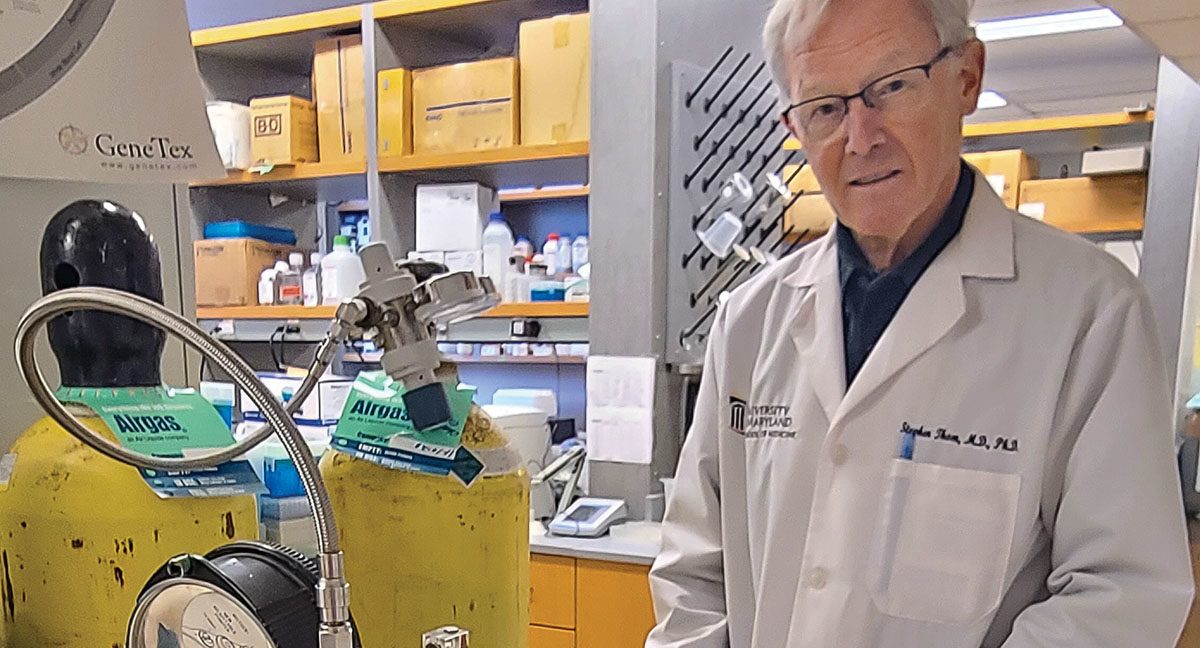I was reading a book recommended by @Sam Miller III, Man and the Underwater World by Pierre De Latil and Jean Rivoire. It is an history of diving published in 1956 and is more European-centric than most of what I have read. There is a very interesting couple of sentences on Page 266 that caught my attention:
Is this an overlooked "magic pill" for decompression or has this been debunked by newer research? The incurable optimist in me is hoping for the former. I attached a PDF file with two pages for more context.
Maybe there is some relation to this theory:

 dan.org
dan.org
Man and the Underwater World by Pierre De Latil and Jean Rivoire:At the Faculty of Medicine at Marseilles a research team has discovered by experimenting on cats that an injection of adrenaline will prevent the formation of nitrogen bubbles. To use this knowledge on human beings will no doubt demand the use of analogous but more convenient substances.1.
1 G. Jullien, M. Leandri and L. Blein, Communication au Congres International
de Medecine du Travail et de Medecine legale, Naples, September
1954: "Serious Decompression Accidents,"
Is this an overlooked "magic pill" for decompression or has this been debunked by newer research? The incurable optimist in me is hoping for the former. I attached a PDF file with two pages for more context.
Maybe there is some relation to this theory:

What Does It Mean?
A PROFESSOR OF EMERGENCY MEDICINE and researcher at the University of Maryland School of Medicine, Stephen Thom holds medical and doctorate degrees from the University of Rochester. He previously led […]






 On the other hand, maybe the hidden message here is to take cat hormones!
On the other hand, maybe the hidden message here is to take cat hormones!
